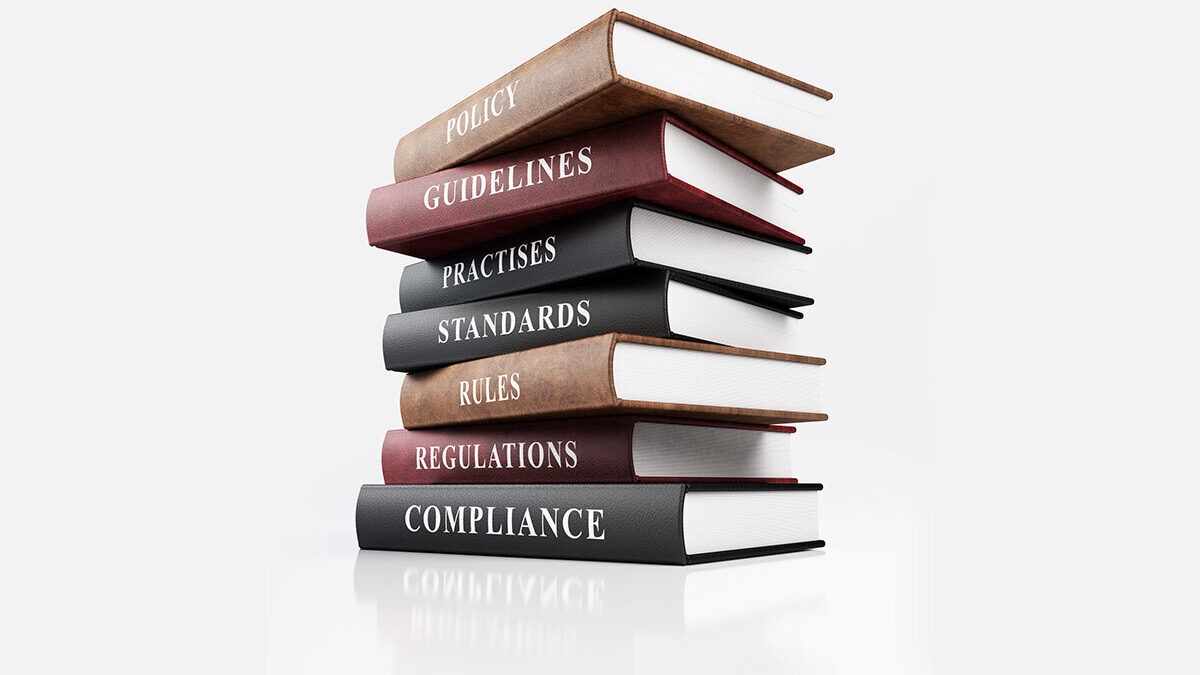A Guide to UK Customs Regulations - Tevolution International
Introduction:
Navigating customs regulations is a crucial aspect of international trade, especially for companies like Tevolution International that import and export goods to and from the United Kingdom. Understanding the UK customs regulations is essential for ensuring smooth and compliant trade operations. This guide aims to provide an overview of key customs regulations, processes, and best practices to help Tevolution International streamline its import and export activities.
- Customs Documentation:
When importing or exporting goods, accurate and complete documentation is vital. The main documents required for customs clearance include commercial invoices, packing lists, bills of lading, certificates of origin, and relevant licenses or permits. Tevolution International must ensure that these documents are prepared accurately and submitted promptly to prevent delays and avoid potential penalties.
- Tariffs and Duties:
Taxes, tariffs, and duties are significant aspects of customs regulations. The UK uses the Harmonized System (HS) to classify goods and determine applicable tariffs. Tevolution International must identify the correct HS code for each product to determine the appropriate duty rates. Additionally, it should be aware of any trade agreements or preferential schemes that might reduce or eliminate certain duties.
- Customs Valuation:
The value of goods for customs purposes is generally based on the transaction value – the price actually paid or payable for the goods. Tevolution International should ensure that the declared value is accurate and that all relevant costs are included, such as commissions, royalties, and packaging costs.
- Import and Export Licenses:
Certain goods require licenses or permits for import or export. Tevolution International must research and obtain the necessary licenses before trading restricted items to fully comply with UK customs regulations.
- Customs Procedures:
Understanding the different customs procedures is vital to expedite the movement of goods. Tevolution International can benefit from customs simplifications like customs warehousing, inward and outward processing, and customs transit to streamline its operations and reduce costs.
- Customs Compliance:
Compliance with UK customs regulations is non-negotiable. Tevolution International must be aware of changes in customs laws and stay updated on trade policies to ensure adherence. Implementing robust internal compliance processes and conducting periodic audits can help avoid penalties and mitigate risks.
Conclusion:
By familiarizing itself with UK customs regulations and adhering to best practices, Tevolution International can optimize its import and export processes. Compliant customs procedures will enable the company to successfully navigate international trade, minimize delays, and foster positive relationships with customers and partners. Regularly monitoring changes in customs regulations will help Tevolution International adapt and thrive in the dynamic global marketplace.


No comments yet